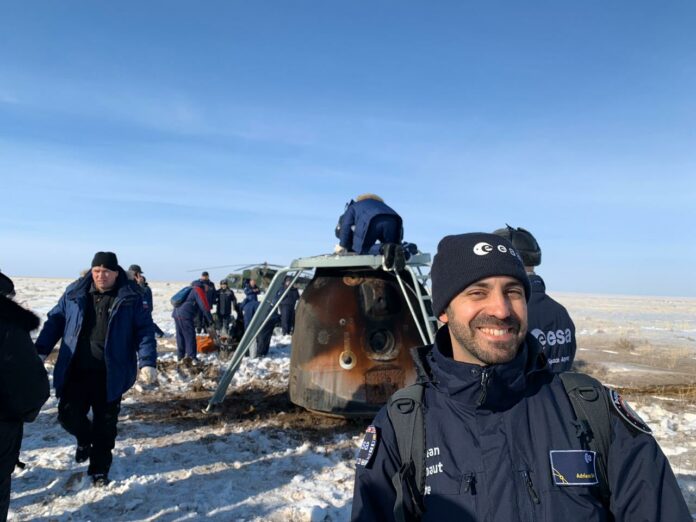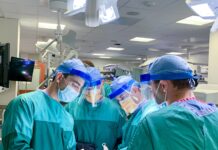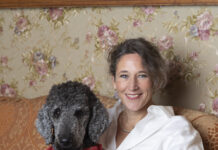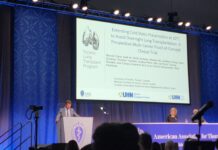Dr. Adrianos graduated from Aristotle University of Thessaloniki (AUTH), Greece. Unlike millions of doctors who choose clinical specializations, he decided to pursue a non-clinical speciality of space medicine. Moreover, in 2013, he obtained a Master’s Degree in Space Studies from International Space University, France.
Dr. Adrianos worked as a diligent intern at ESA’s European Astronaut Centre where he researched Medical and Psychological Astronaut Selection Criteria for human missions to Mars. Evidently, the research report was well-researched and well-documented. For this reason, it was presented at a high-profile conference of the Aerospace Medical Association (AsMA).
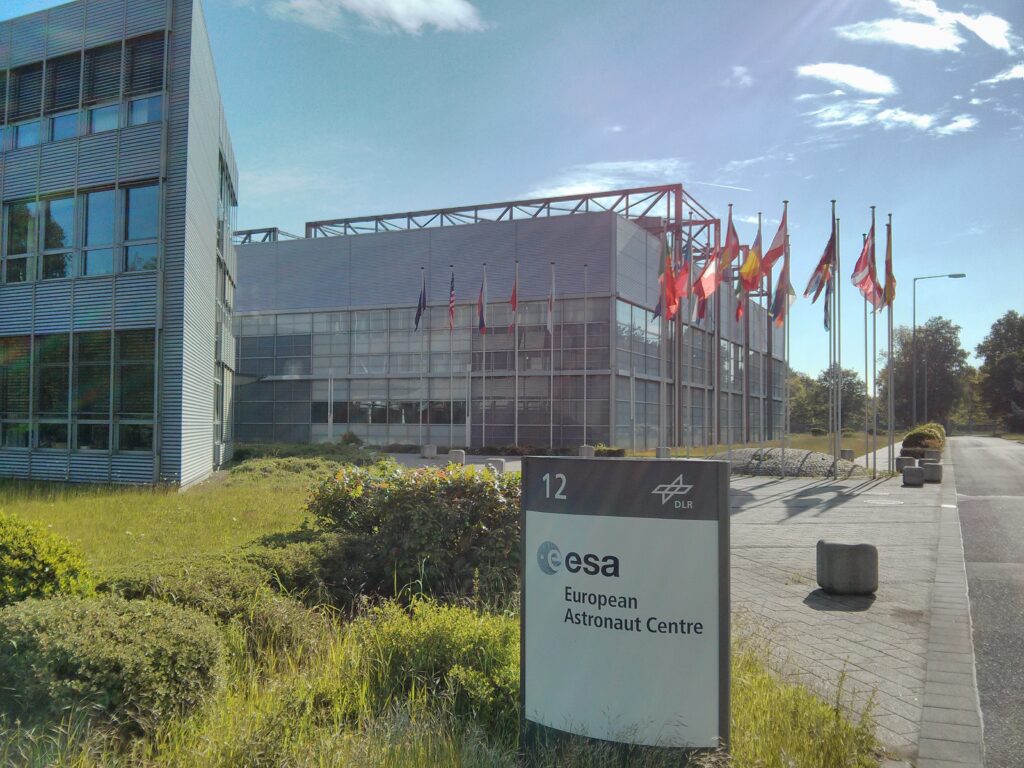
The successful internship led to selection by the European Space Agency (ESA) and the French Polar Institute (IPEV) for medical experiments and research at the Antarctic Station of Concordia.
Furthermore, in 2016, Dr. Adrianos served as a Medical and Scientific Specialist at MEDES Space Clinic in Toulouse, France. MEDES-IMPS (Institute for Space Medicine and Physiology) is an affiliate of CNES, the French National Centre of Space Research, which conducts clinical studies simulating life in space and provides medical services to Astronauts.
Currently, Dr. Adrianos Golemis is working as an ESA Flight Surgeon in Germany. He is responsible for the health of mission-assigned European astronauts.
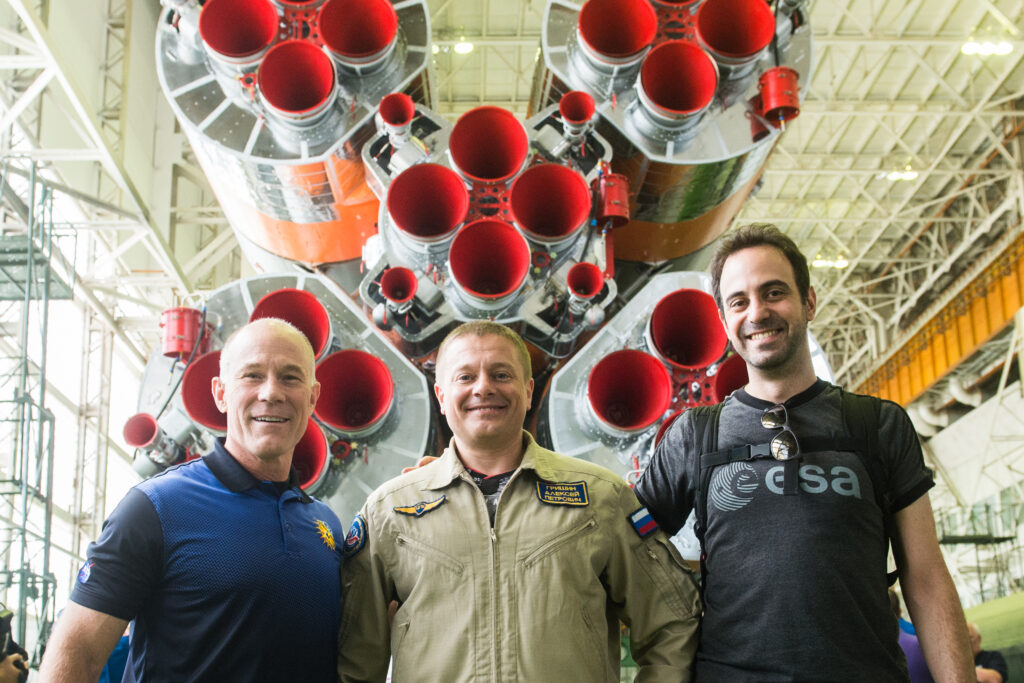
Away from the Spolight
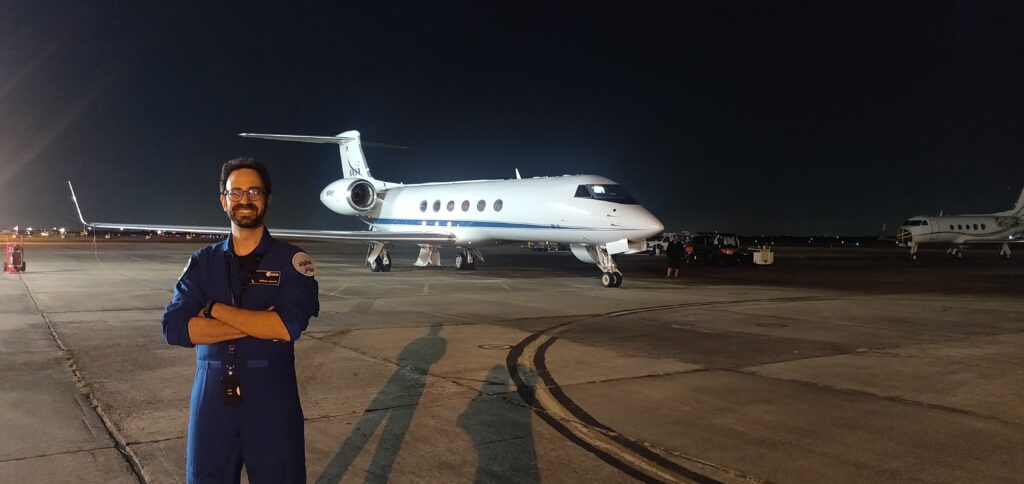
Flight surgeon is a term unknown to many medical students. In addition, they have never been introduced to this non-clinical speciality of medicine.
“Unfortunately there is negligible knowledge about combining space and medicine among medical students. Nobody tells you about it at the beginning of medical school and career but if you go looking for it you will eventually figure it out.”
Dr. Adrianos Golemis
The term ‘flight surgeon’ does not hint about the actual profession. The name itself does not describe the work and responsibility of doctors in this speciality.
“Flight surgeon is a slightly misleading term.”
Dr. Adrianos Golemis
“We do not do surgery so we are not surgeons and we do not fly. We are medical doctors for an astronaut’s space flight. It is aviation medicine where the doctors take care of the health of astronauts and pilots.”
Dr. Adrianos Golemis
He added.
European Space Agency (ESA)
The working setup for flight surgeons is completely different from stereotypical hospital premises. Flight surgeons from different countries work together at the European Space Agency (ESA). The headquarters of ESA is located in Paris, France but it operates in Germany, France, Italy, Spain, Netherlands, Switzerland, Belgium, United Kingdom (UK), Denmark, and Sweden.
“Right now, I am working as a flight surgeon at the European Space Agency (ESA) in Germany. To work at ESA, many times you have to find a way through an institution or company that may not even be based in the same country. We have flight surgeons who work through France, Germany and other countries. We have people from different countries and contractors. All of them come together and work at the same place.”
Dr. Adrianos Golemis
The Two-in-one Career Formula for Dr. Adrianos
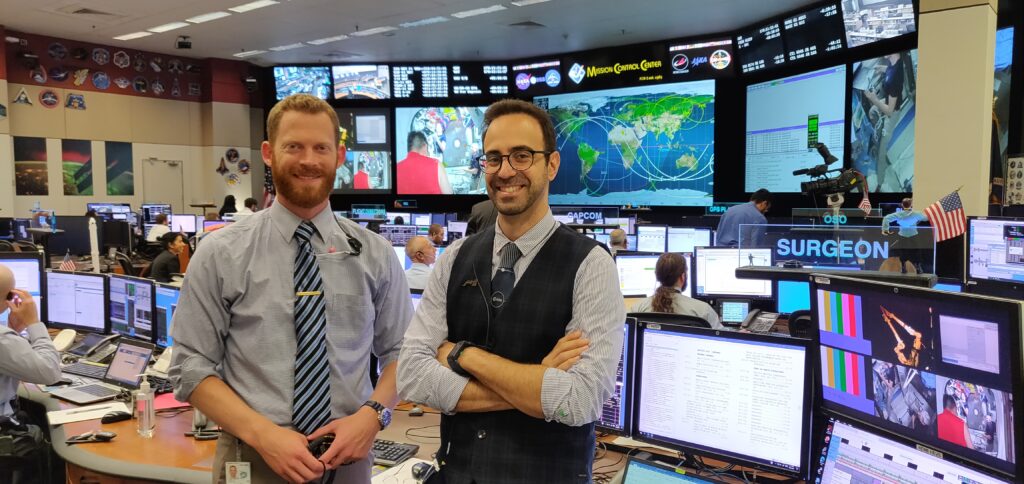
Becoming a flight surgeon didn’t happen by incidence. Dr. Adrianos was inclined towards physics and space since childhood. Hence, he smartly coupled the two interests and made them one.
“I had a big dilemma in front of me. One part of me said I should go for physics because I really liked that part of my education, especially space while the other part of me said I should do medicine. The reason behind liking medicine is my appreciation for human-human connection and the fact that you offer help to other human beings. Moreover, my family is not a doctor family but there was one medical doctor; my grandfather. He was quite a role model for me. I had a role model and I had a personal interest as well so eventually, I picked medicine and I am happy I did. Funnily, I tried to combine it with the space world. I guess the formula worked out.”
Dr. Adrianos Golemis
A Usual Day at Work for Flight Surgeons
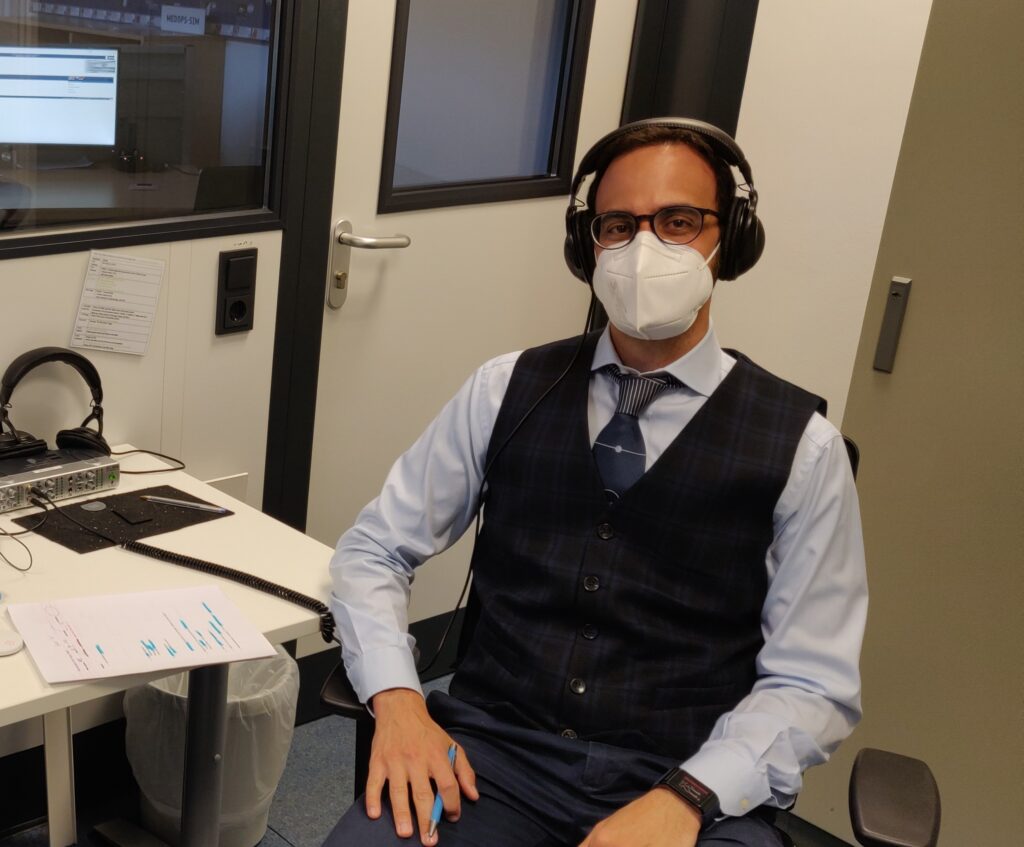
Dr. Adrianos Golemis’ work responsibilities are thrilling. Working with astronaut is different from working in a hospital dealing with coughing, bleeding, fainting and critical patients.
“A flight surgeon at work is very different from a doctor working at a hospital. In hospitals, patients need medical attention so they can return to their work, home and family. If you have to deal with astronauts and space flights, you do not have many patients as most of them are healthy. If they have a minor detriment in their health, it is our job to restore it to a very good level. We do not practice clinical medicine very much. It is mainly preventive medicine, analyzing results, testing, retesting and thinking ahead. We sit down with the astronauts and flight crew 2 years before the flight to prepare a list of medications they may need. They don’t need it now, but they may need it later. We need to think ahead. We also monitor their training to observe and evaluate anything risky.
Dr. Adrianos Golemis
Astronauts go up to 400 kilometers above the Earth to conduct research on the International Space Station. In those weeks when astronauts are in space, we have personalized calls with them to see if they need any support medically. Even when they are in space flight, we conduct some medical tests to ensure they are in good health.”
Dr. Adrianos Golemis
Rewards and Gratitude
Doctors earn gratitude every day. Each one of them deals with patients who return with a thankful attitude and prayers. However, flight surgeons do not deal with hundreds of patients. A handful of otherwise healthy astronauts rely on flight surgeons for their health in space. Thus, feelings of contentment and gratitude for flight surgeons springs from different sources.
“We all have landmarks in our life. The younger you are, the simpler are the landmarks. I was never very good at sports but once I played for my school football team. It was only for the last 3 minutes. That was quite fulfilling.
As you grow up, you find fulfilment and happiness in other areas and achievements. I lived at Concordia Station in Antarctica for 1 year conducting medical research about space. On one hand, it was a difficult situation but on the other hand, it was very fulfilling. I was on an adventure, living at the end of the world. Secondly, I knew I was contributing to science that can’t be done easily. It is tough to collect data but also equally gratifying. Lastly, it is very rewarding for me to work with a team of nice people. Even now when I work at the European Space Center (ESA), we have a very good team. Even in very harsh circumstances, I have a smile on my face because of the team. It is really rewarding for me to work with them.”
Dr. Adrianos Golemis
Living in Isolation
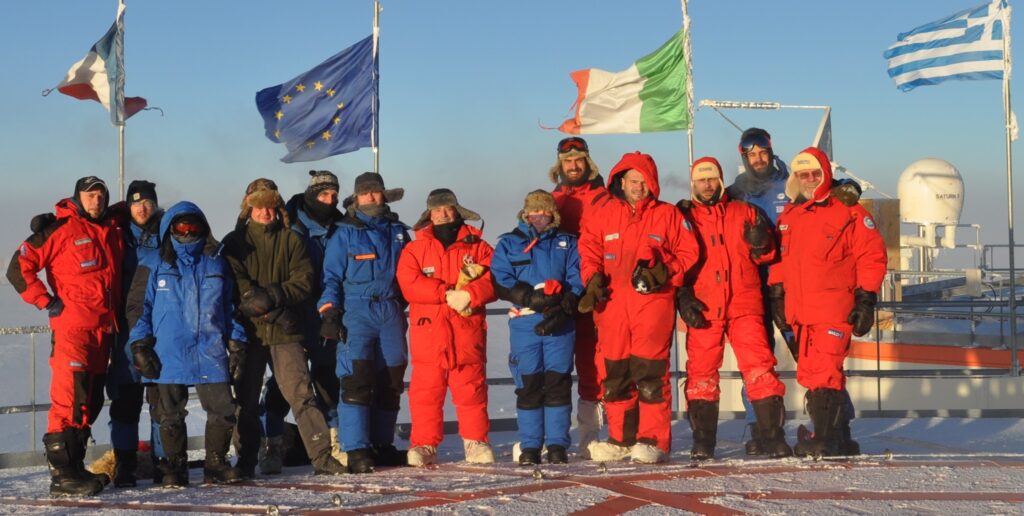
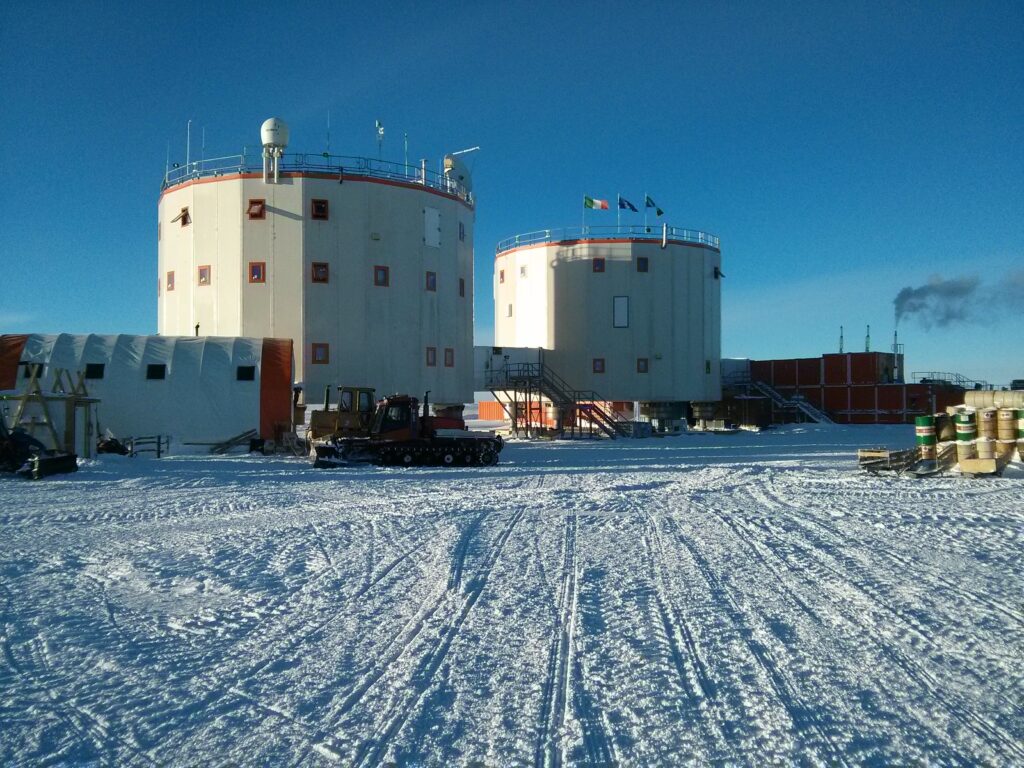
Dr. Adrianos Golemis dedicated one year of life to research at Concordia Research Station, Antarctica. A doctor at work in Antarctica is certainly an exhilarating fact. Dr. Adrianos and his team could not leave the premises of the station due to the extremely low temperature of Antarctica. No plane or vehicle could reach them. Therefore, to leave the station, they had to wear a heavy polar suit with many layers that made them look like astronauts. Even after leaving the station and going outside, they couldn’t stay under the open sky for long due to frost. Eventually, they had to return to isolation.
“I stayed at Concordia Research Station in Antarctica for over a year with a crew of 12 people. We were completely isolated. This means we could not evacuate even if we had a medical problem. No one could send us any medicine, equipment or any provision. It was an interesting experience as I was living in isolation. The research station seemed out of this world and appeared as if it belonged to another planet. There were no animals and no birds. It was shocking! There were no geographical features; no mountain to see, no lake to admire. Nothing. Geographically, it is plain. Nothing changes.
Day and night cycles are another challenge. In 3 months of winter, it remains dark. We spent the winter without sun. In 3 months of summer, the sun never sets. This challenged my sleep cycle. Doubtlessly, it was an interesting adventure. You need courage and motivation for it especially when you are inclined to utilize it for the right purpose. There were challenges but, overall it was a rewarding experience.”
Dr. Adrianos Golemis
Memories of Antarctica
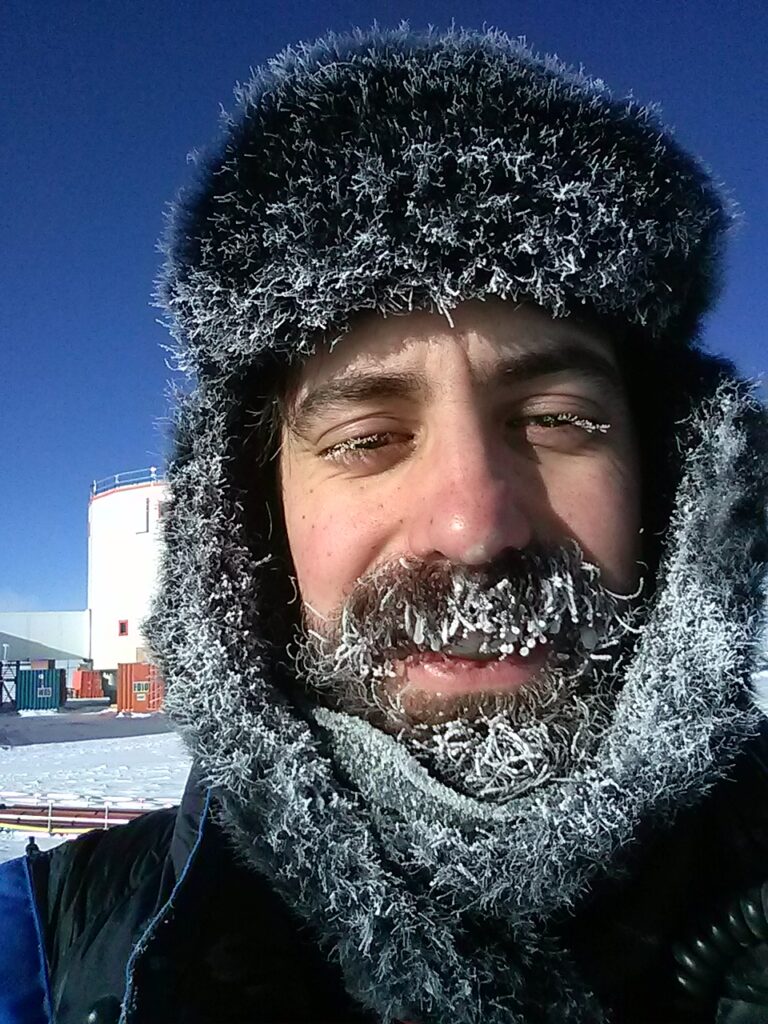
One of his greatest memories is from his time in the Concordia Research Station. He said,
“The most marvelous memory from my year of isolation at Concordia Research Station is the night sky. It is the clearest sky in the world. There is no humidity and no light pollution. In fact, in winter when you just look at the sky you can clearly see the Milky Way. That is something that fills my heart with very warm feelings.”
Dr. Adrianos Golemis
He further added,
“Since I was isolated for a year I experimented a lot. For instance, I had a much longer beard.”
Dr. Adrianos Golemis
His content attitude while sharing his experience reflects upon how satisfied he is with his profession. Furthermore, his achievements as a flight surgeon are tremendous.

